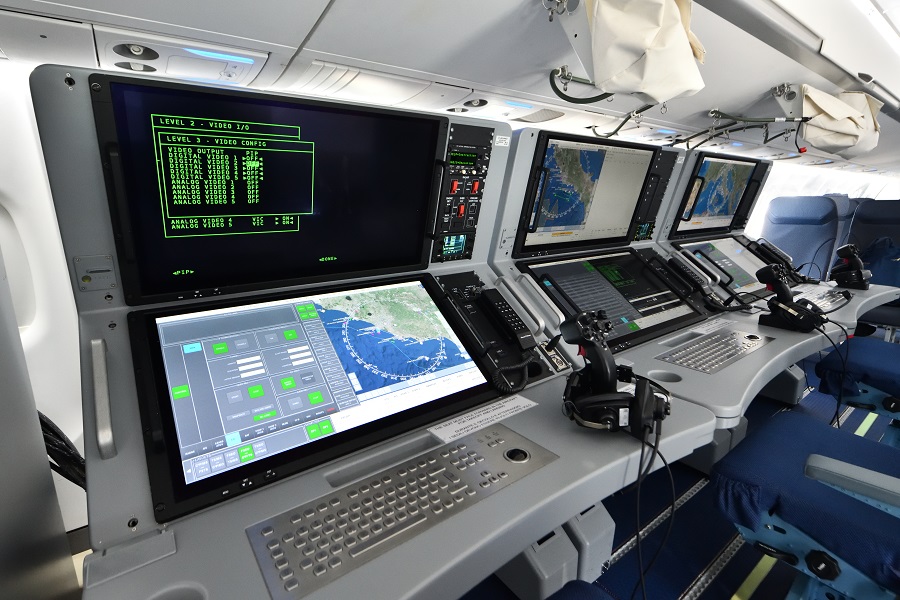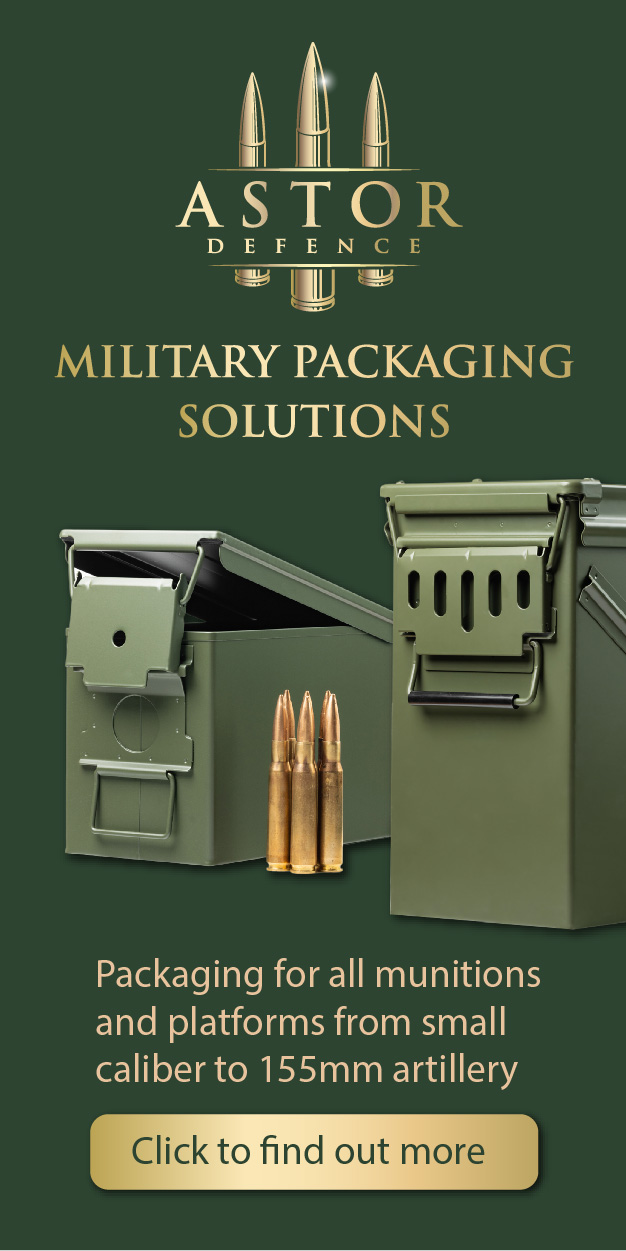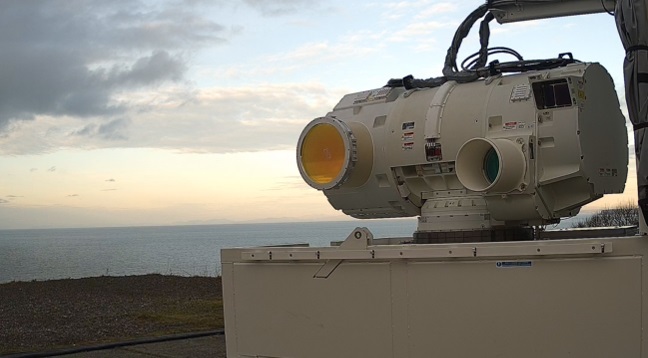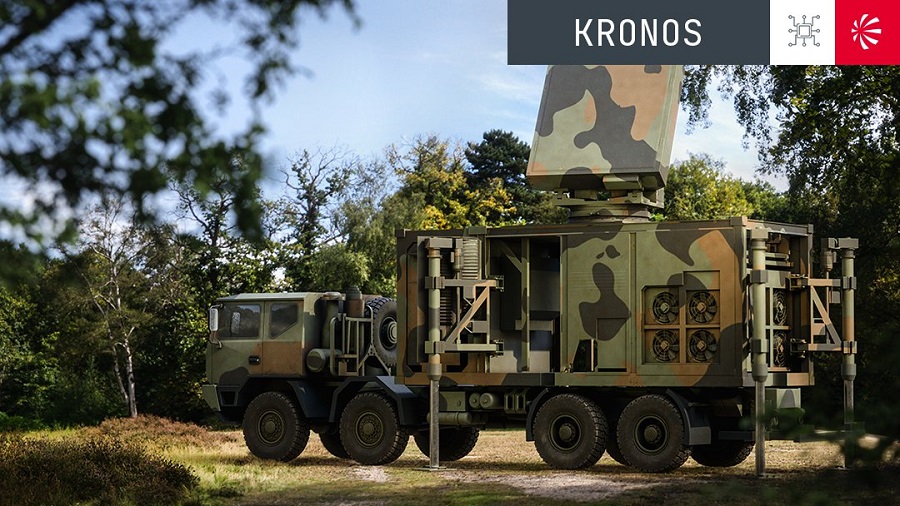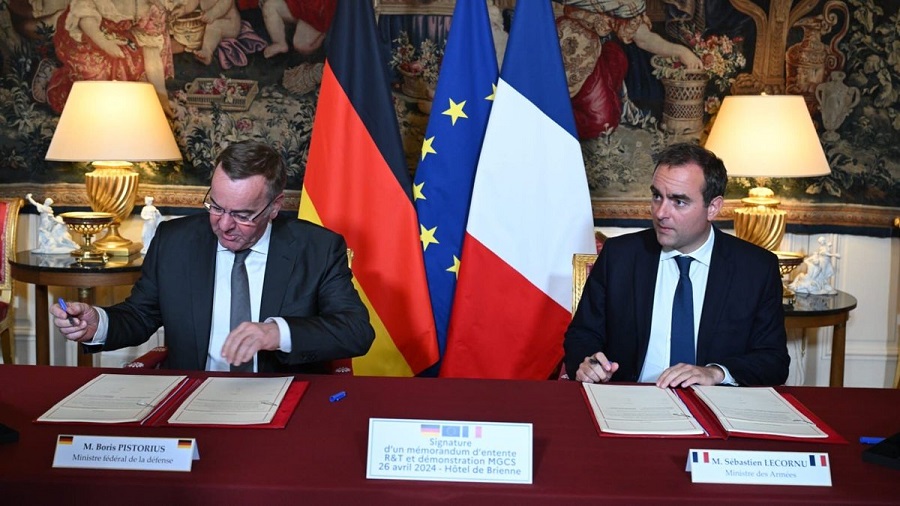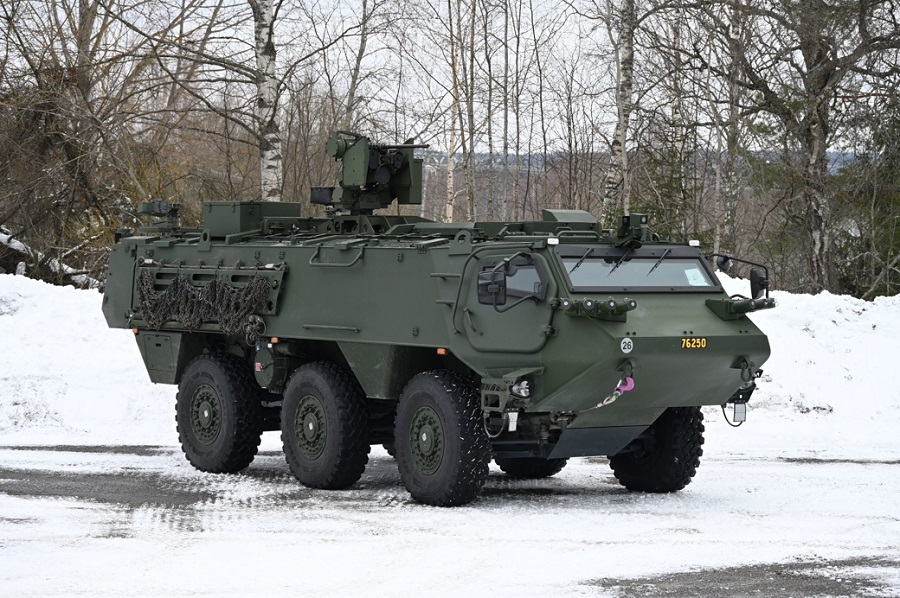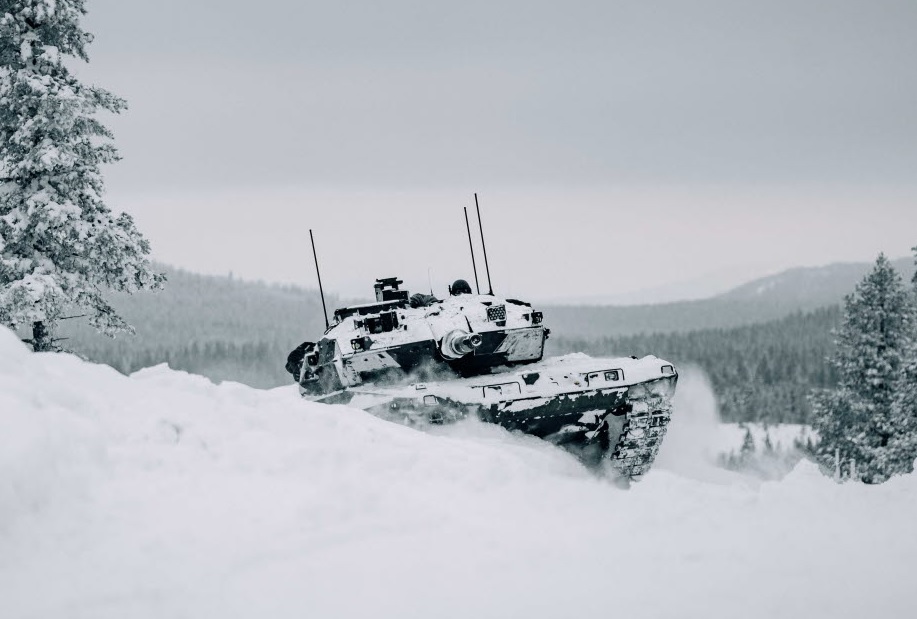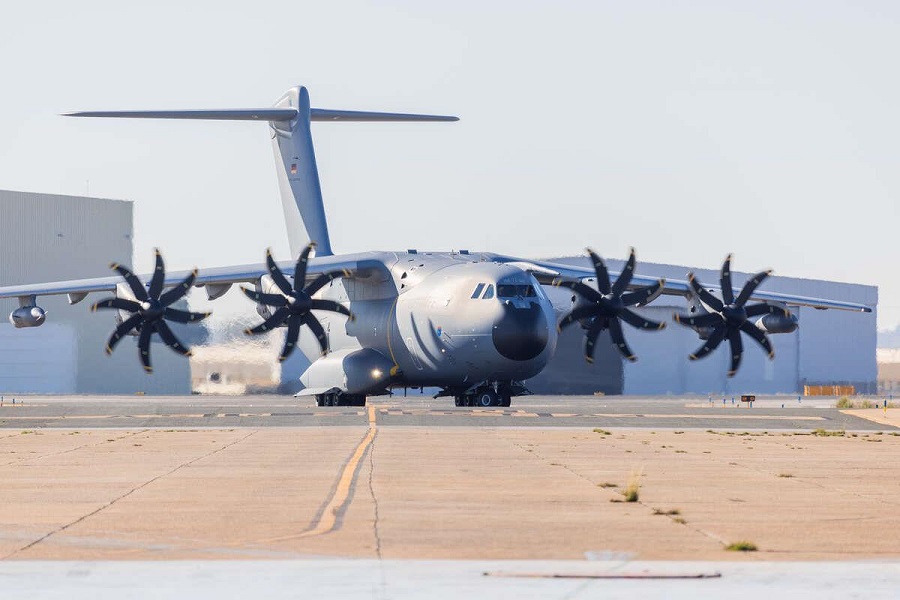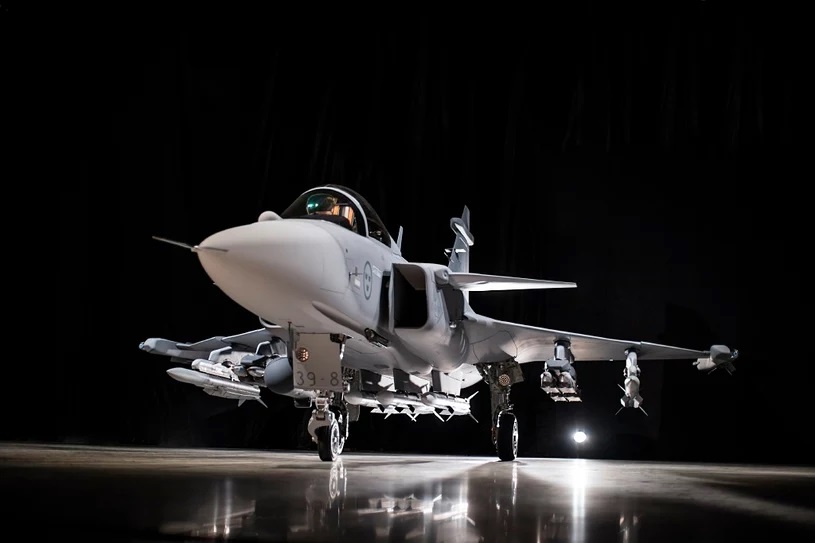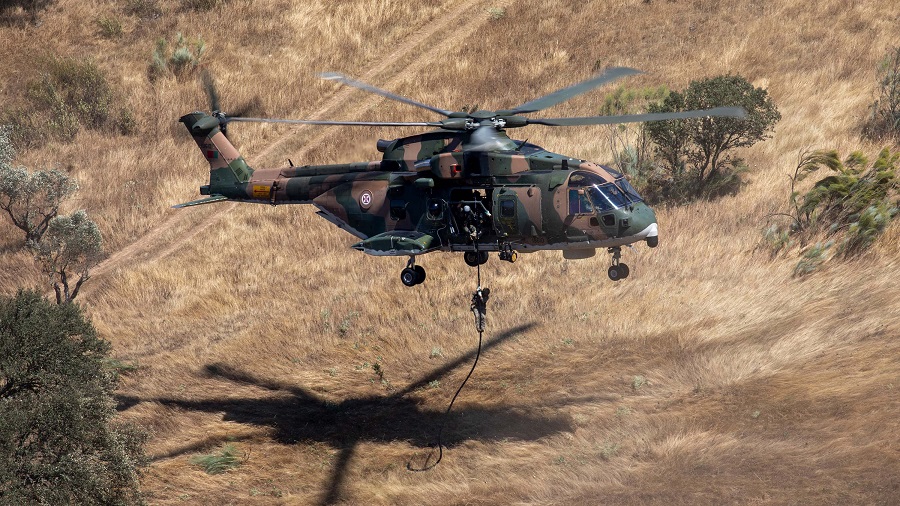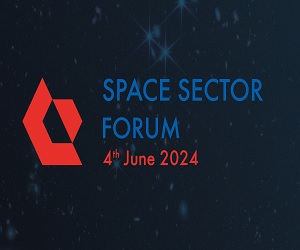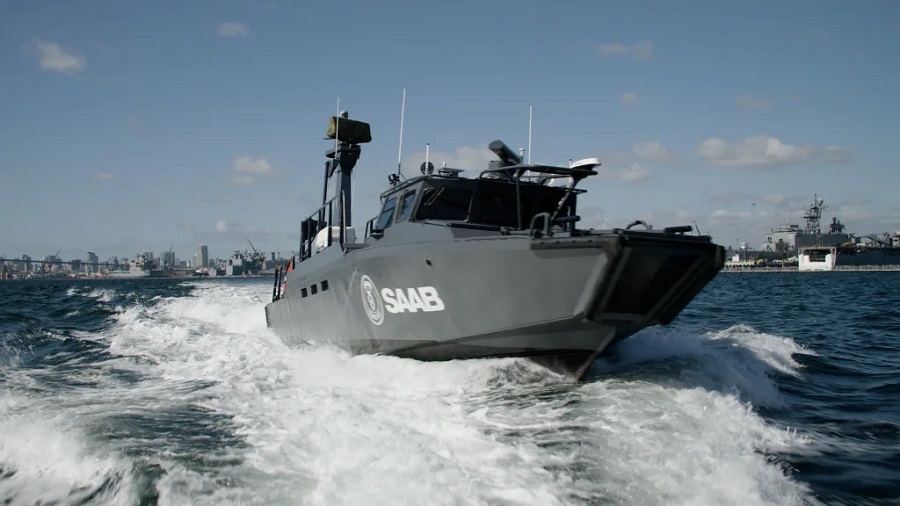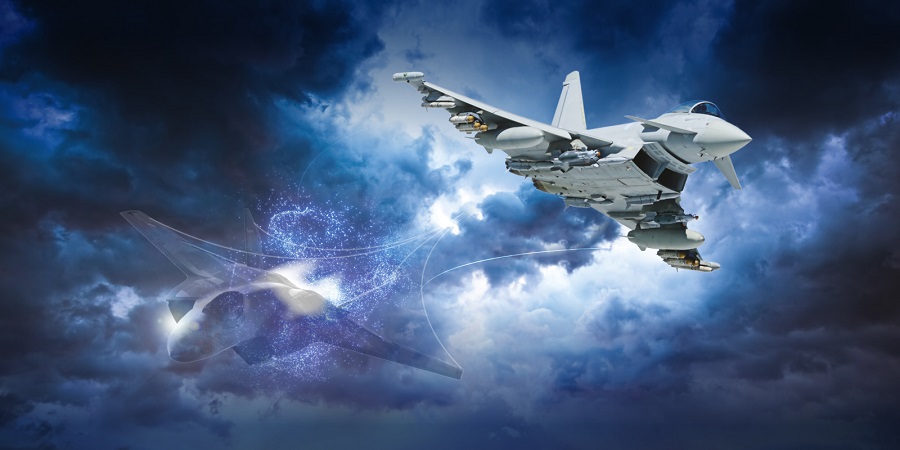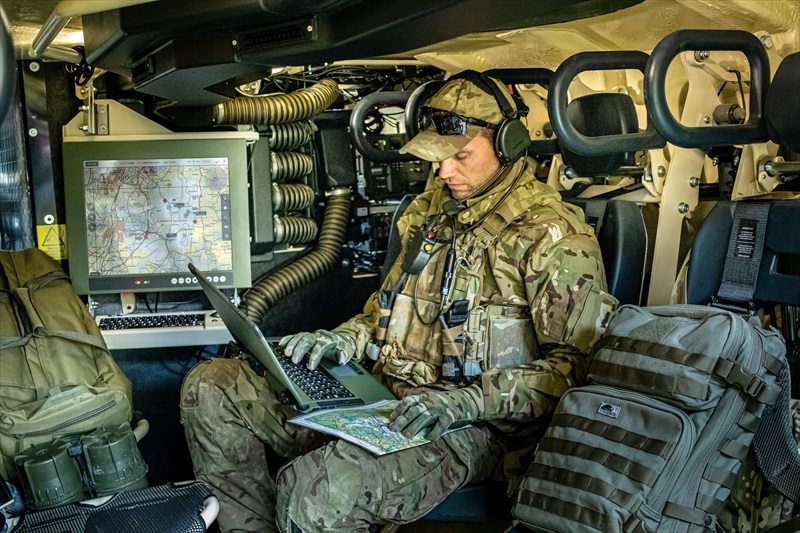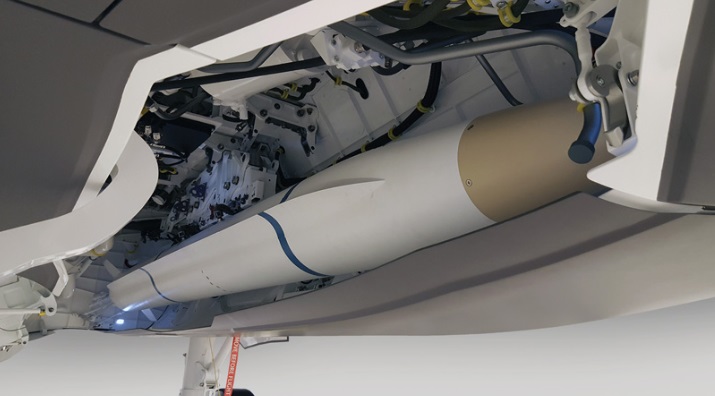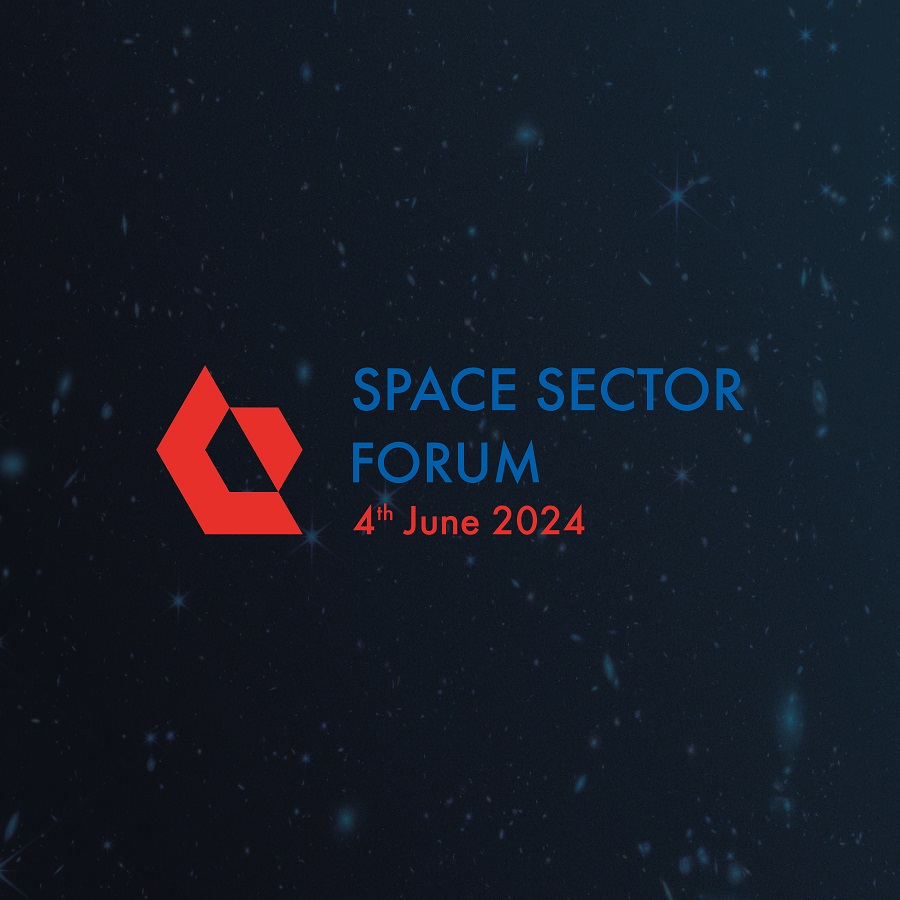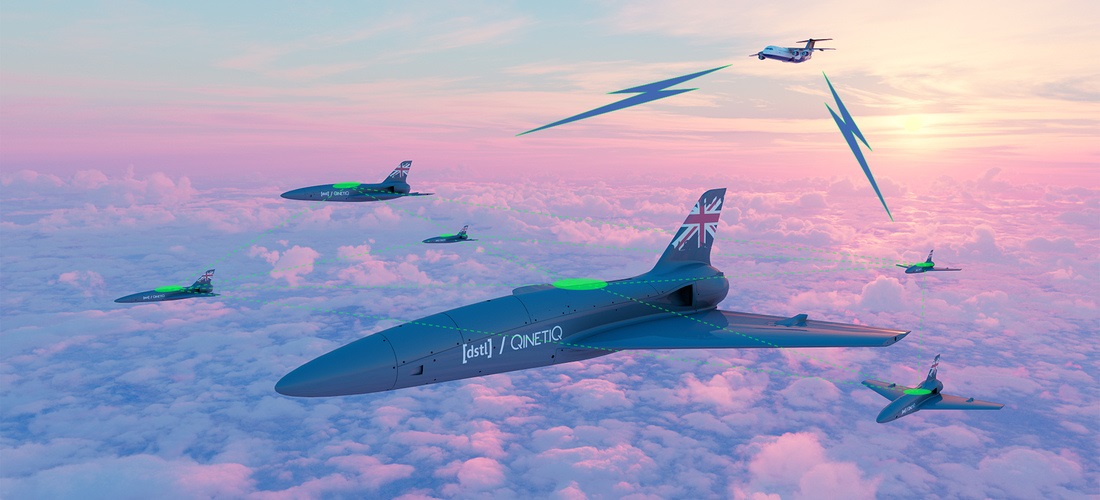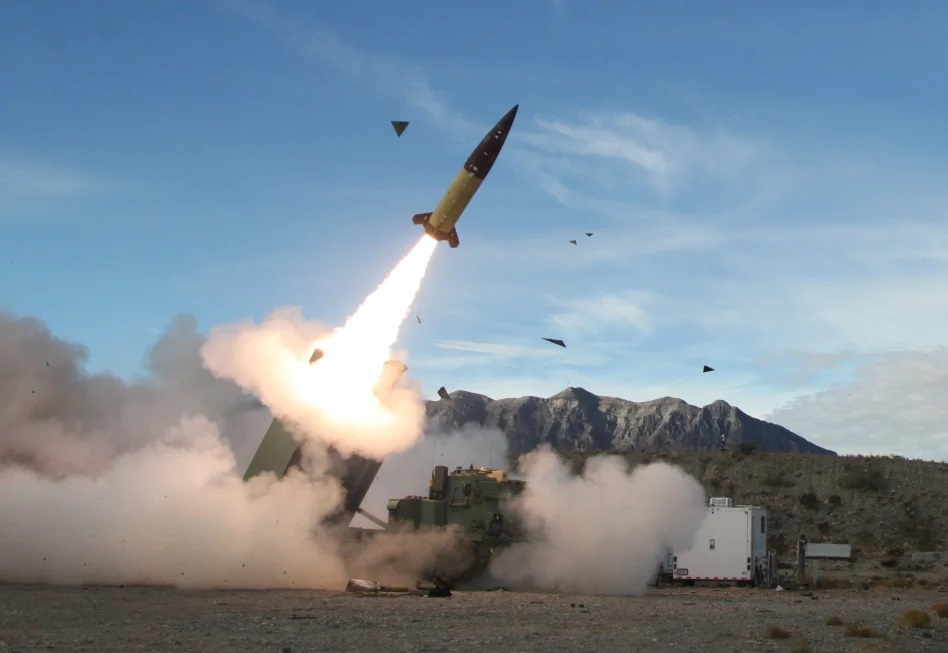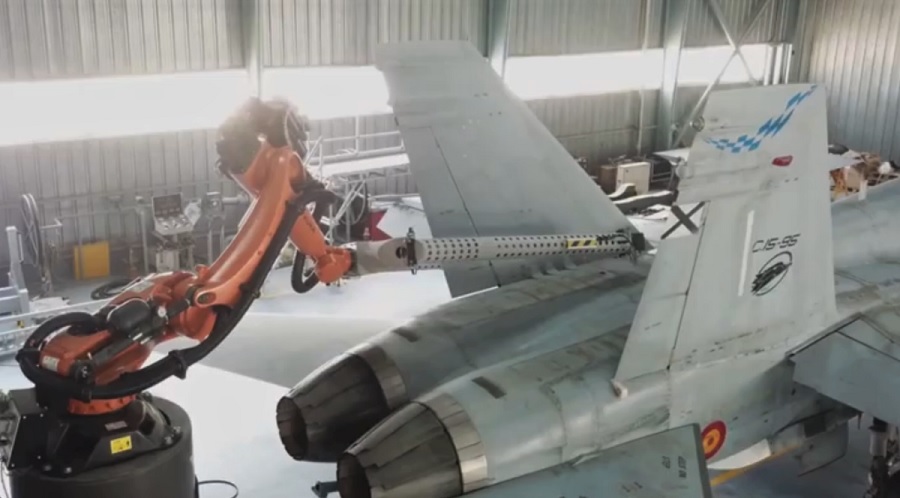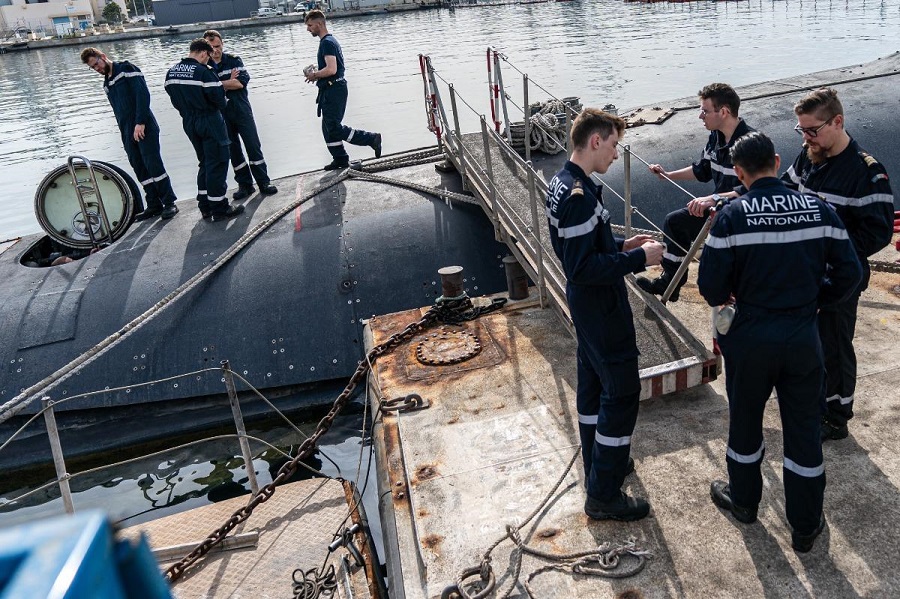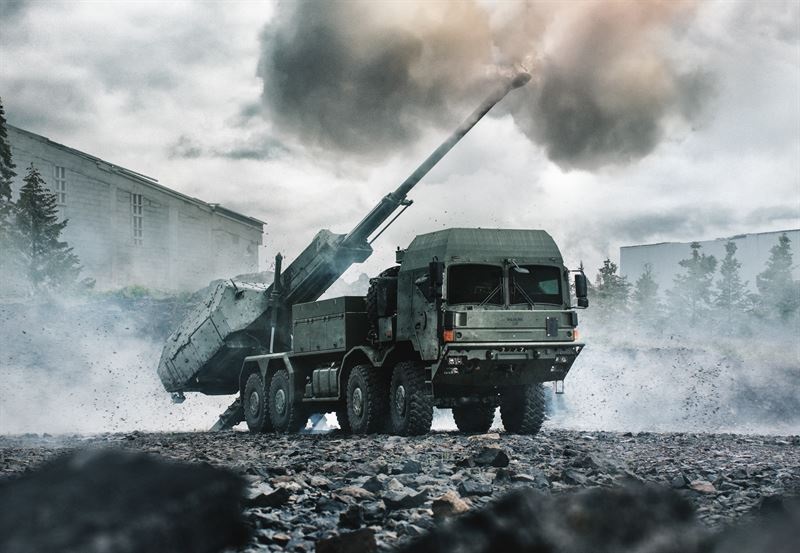EDF is the Commission’s flagship tool for promoting European defense cooperation for competitive and collaborative projects, covering the entire research and development cycle. This instrument supports, in particular, projects related to state-of-the-art and interoperable defense technologies and equipment, while promoting innovation and encouraging the participation of SMEs.
The funds allocated by the EU are 1.2 billion euros, distributed among 61 approved projects. The company, in particular, with the significant contribution of the group’s subsidiaries and controlled companies, and the Leonardo Labs, has been awarded funding for research and development activities in all 12 categories in which it participated – within the electronics, aircraft, helicopters, cyber security and Space sectors – maintaining leadership in coordinating the ARTURO (Advanced Radar Technology in eUROpe) program. The projects in which Leonardo participates have been awarded over 50% of the European funds for WP 21.
In this context, with 36 funded projects, Italy ranks immediately after France, Spain and Germany, with 5 nationally-led projects, a result in which Leonardo contributed significantly. The 142 proposals presented saw the participation of 692 companies and entities belonging to 26 EU countries, in addition to Norway. A substantial number of projects are related to similar activities conducted within PESCO (Permanent Structured Cooperation) underlining the consistency in European strategic planning.
The Leonardo-led “Advanced Radar Technology in eUROpe” (ARTURO) project will provide solutions to meet future operational needs, based on the extensive use of emerging radar technologies in Europe. It will consolidate state-of-the-art technologies, emerging concepts and trends in the radar field, in-depth analysis of operational requirements, and the current evolution of threats and environments in various countries. Leonardo will coordinate a group of 22 companies at the European level, including AIRBUS DEFENSE AND SPACE GMBH, Thales, Indra, Hensoldt, Saab, and Italian institutions such as the Università di Pavia. The overall value of the project is approximately 20 million euros for a duration of 36 months.
Among the most strategically significant programs, Leonardo has distinguished itself together with Airbus (coordinator) in the ENGRT (EU Next Generation Rotorcraft Technologies). It is a consortium of 24 European partners with the aim of studying the new requirements, characteristics and key capabilities of future military helicopter technologies. The project, with an expected funding of about 40 million euros and lasting 42 months, will also concern the evaluation of alternative platforms and architectures, and a series of demonstration activities in a simulated environment through the use of “virtual twins”. In addition to a development roadmap for both technologies and support and maintenance activities. MBDA Italia, Elettronica, AvioAero, the Politecnico di Milano and CIRA are other Italian entities within the consortium.
Leonardo is also part of the “European Initiative for Collaborative Air Combat Standardization” (EICACS) projects, aimed at ensuring the interoperability of these platforms and perfect integration of future combat aircraft systems; of the “AUGMENTED CAPABILITY FOR HIGH END SOLDIERS” (ACHILE) project, aimed at developing highly innovative solutions applicable to the next generation of “soldier systems”; of the “European Defense Operational Collaborative Cloud” (EDOCC) project, aimed at creating a virtual platform that increases the interoperability, efficiency and resilience of military operations.


